Introduction
The Kenyan Parliament resumed its sessions last week amidst a tense political climate. This development is critical, considering the increasing concerns about governance, abductions, and allegations of the Parliament being used to push controversial bills that may not serve the best interests of the Kenyan populace. This article will explore what the resumption means for Kenya, especially in light of recent events.
1. The Resumption of Parliament: A Double-Edged Sword
1.1 A Platform for Legislative Duties
The return of Parliament provides an opportunity for legislators to address pressing national issues. This platform should ideally be used to debate and pass laws that benefit the majority, reflecting the democratic ideals of representation and governance.
1.2 A Tool for Political Control?
However, there are growing concerns that the executive branch is manipulating Parliament. Critics argue that the President has been using Parliament to pass laws that favor the administration’s agenda, often sidelining the needs and voices of ordinary Kenyans. This has led to fears that the legislative arm is losing its independence and becoming a rubber stamp for the executive.
2. The Context: Rising Abductions and Political Repression
2.1 An Escalation in Abductions
The country has witnessed a worrying increase in abductions, many of which are politically motivated. Activists, journalists, and opposition members have reported cases of forced disappearances, creating an atmosphere of fear and repression.
2.2 Implications for Democracy
Such actions undermine democratic freedoms and the rule of law, creating a climate where dissent is stifled. The role of Parliament in such a context becomes even more critical as a check on executive overreach and a defender of civil liberties.
3. Misuse of Parliamentary Power: A Threat to Democracy
3.1 Fast-Tracking Controversial Bills
There have been instances where bills with significant implications for the country have been fast-tracked through Parliament without sufficient debate. This process often bypasses the necessary checks and balances, raising questions about transparency and accountability.
3.2 Impact on the Kenyan People
The rapid passage of these bills can have long-term negative effects on the population. For instance, laws related to taxation, public expenditure, or civil rights, if passed without proper scrutiny, can lead to widespread discontent and economic hardship.
4. The Way Forward: Reclaiming Parliamentary Independence
4.1 Strengthening Oversight Functions
Parliament must reclaim its role as an independent arm of government by enhancing its oversight functions. This involves scrutinizing government actions and ensuring that the laws passed reflect the will and welfare of the people.
4.2 Public Participation
Increased public participation in legislative processes can also help. Engaging civil society, activists, and ordinary citizens in debates and discussions ensures that the people’s voices are heard and considered in the legislative process.
Conclusion
The resumption of Parliament in Kenya presents a critical juncture for the country. While it offers a chance to address pressing issues, the current misuse of this institution poses a significant threat to democracy and governance. Legislators must act independently, safeguarding the interests of the public and ensuring that the rule of law prevails. What are your thoughts on this?


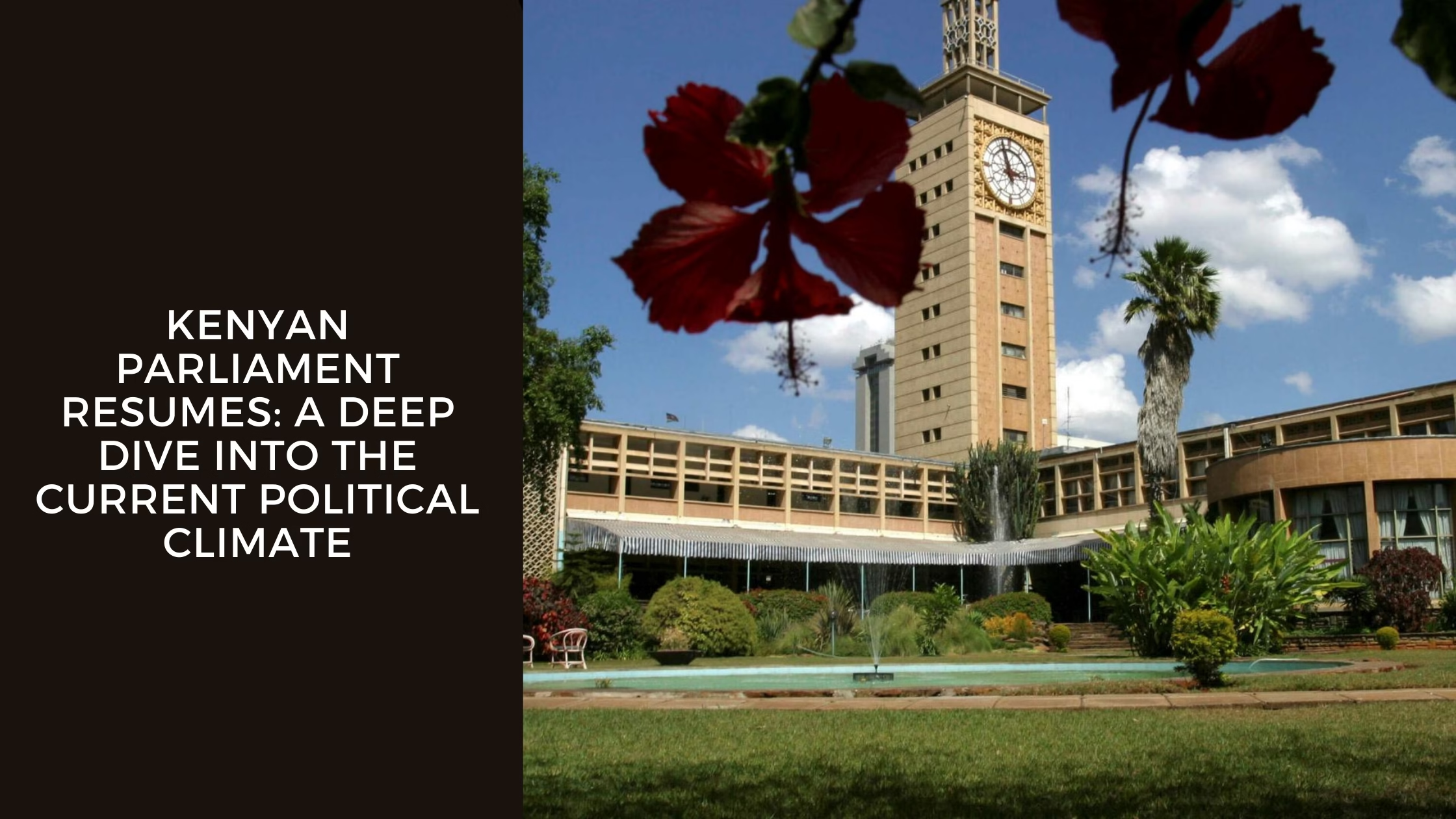

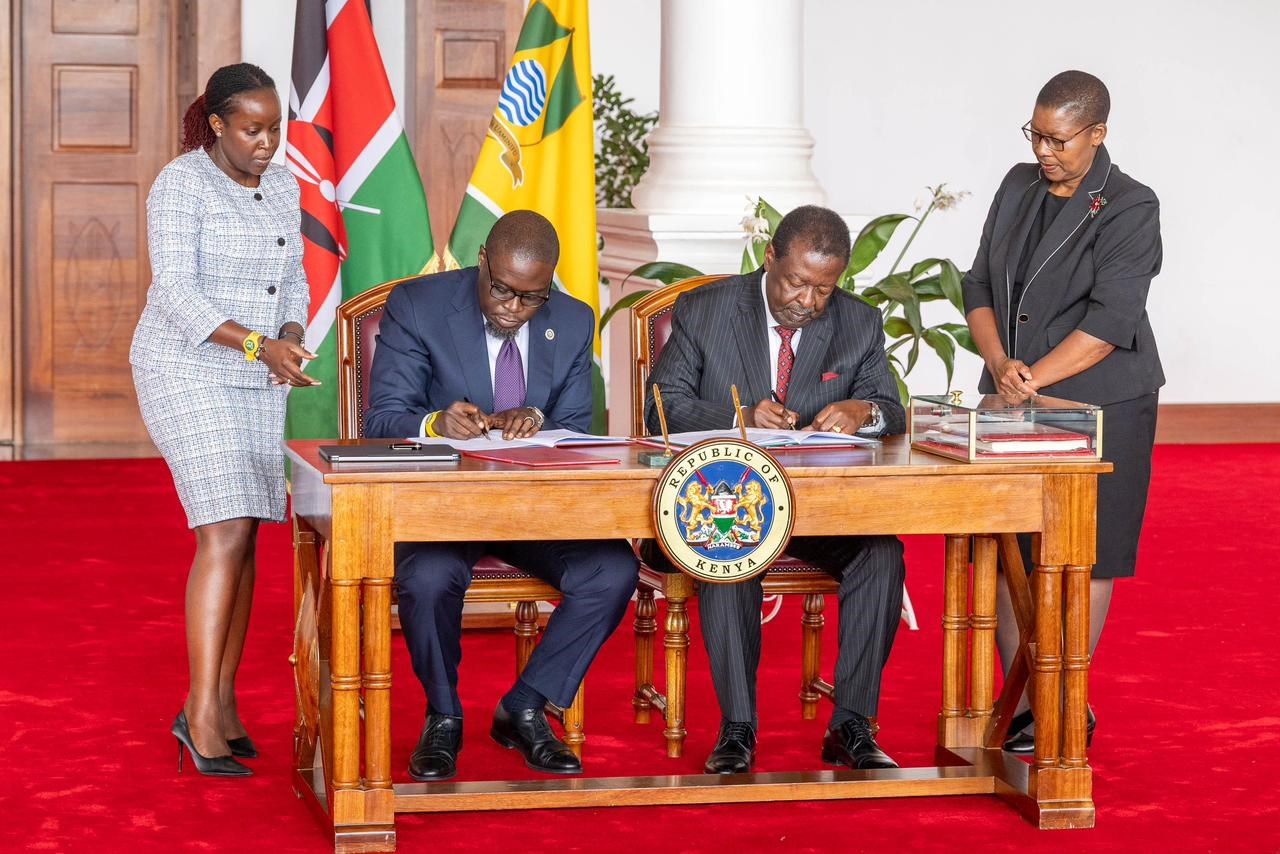
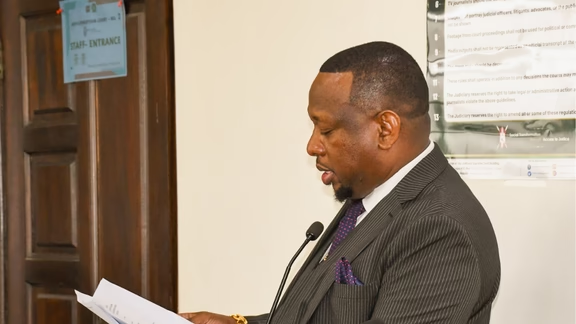





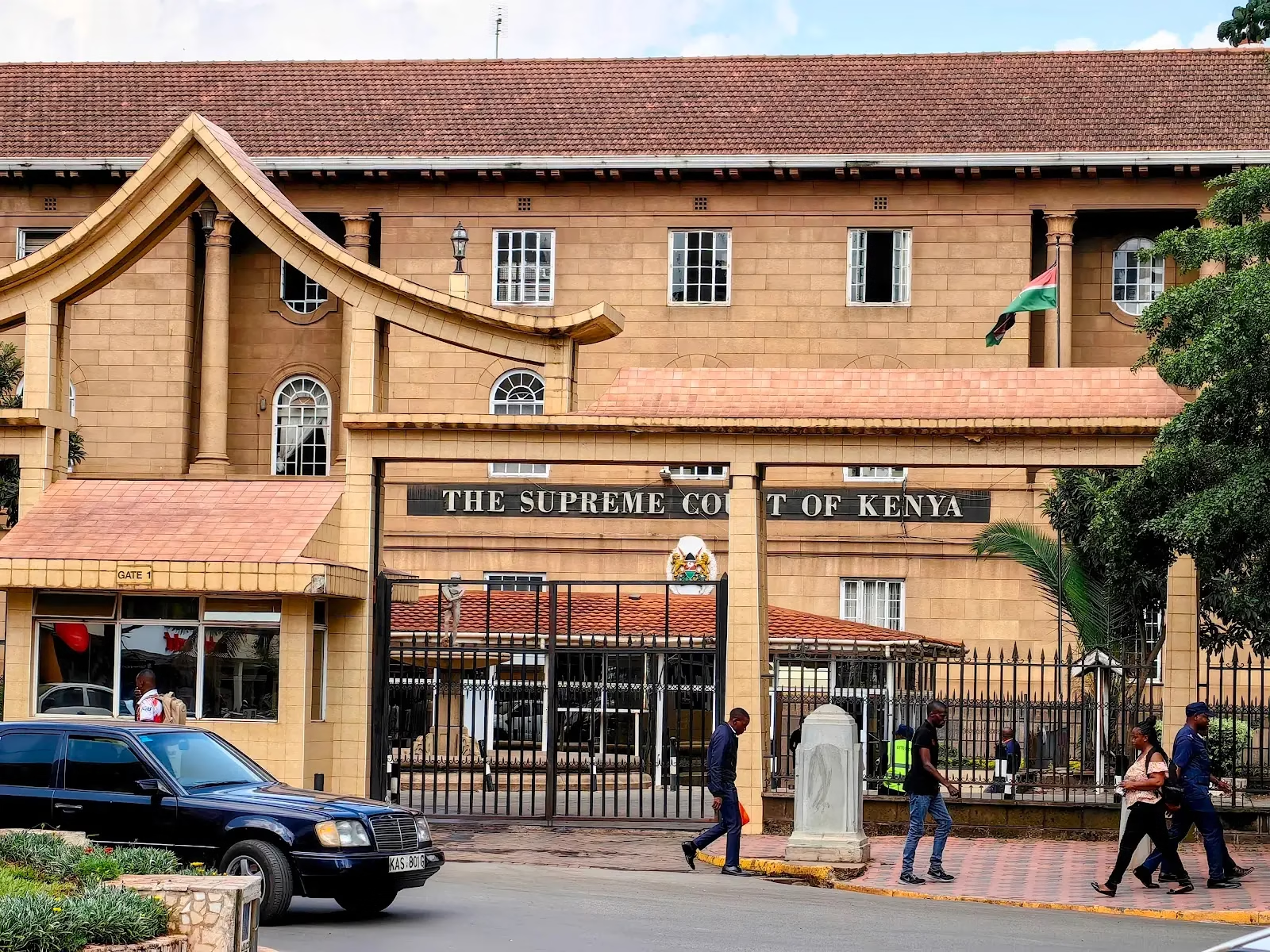





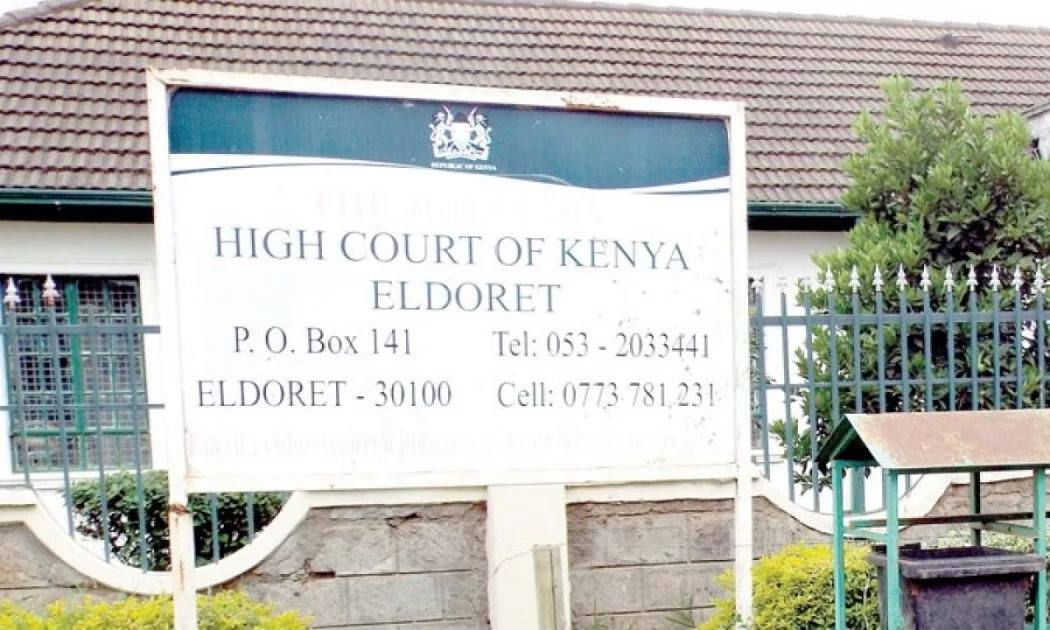

Leave a Reply